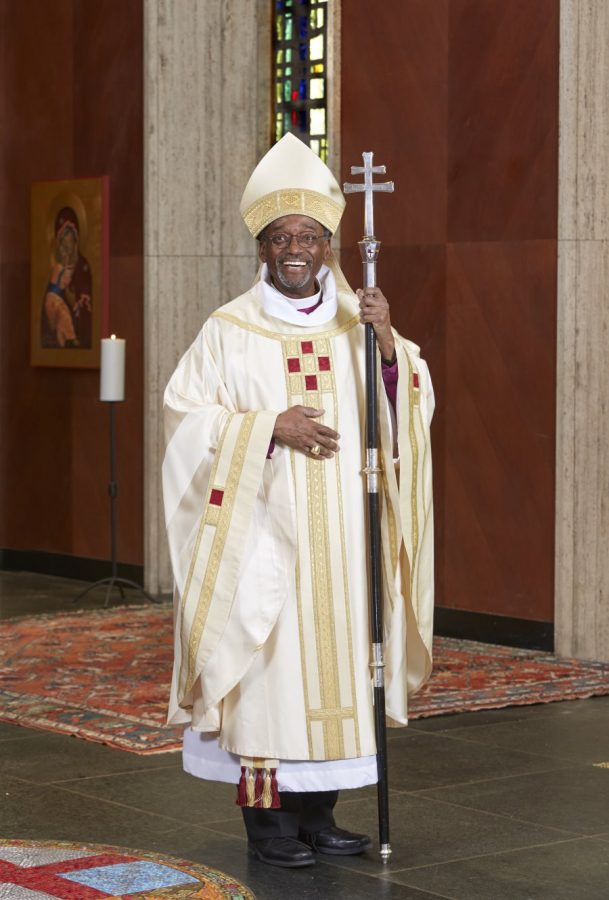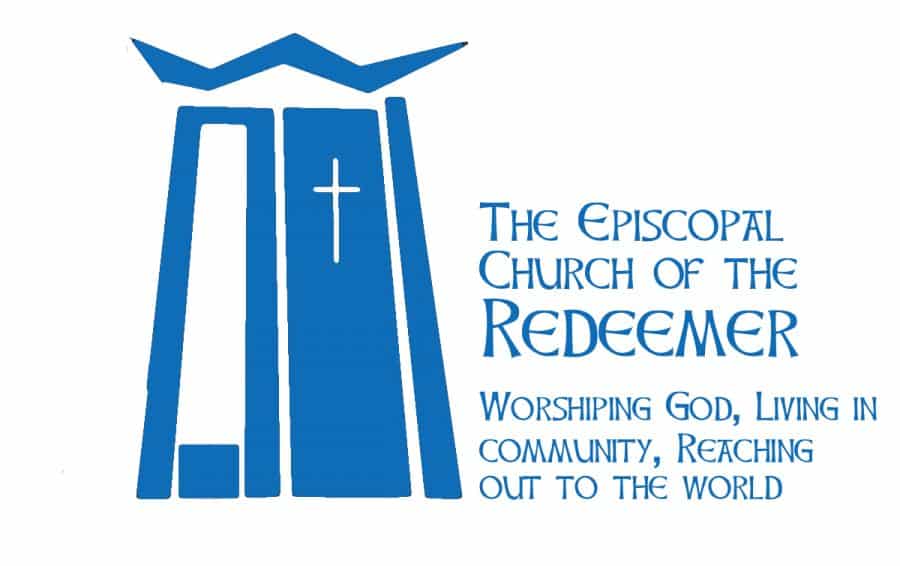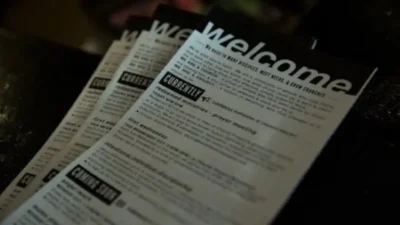A pastoral word from Presiding Bishop Michael Curry on the death of Tyre Nichols.
Sense cannot be made of the murder of a young man at the hands of five men whose vocation and calling are to protect and serve. This was evil and senseless.
There is a passage from the Hebrew prophet Jeremiah, which is later quoted in Matthew’s Gospel when innocent baby boys are killed by an immoral dictator:
A voice is heard in Ramah,
Jeremiah 31:15, Matthew 2:18
lamentation and bitter weeping.
Rachel is weeping for her children;
she refuses to be comforted for her children,
because they are no more.
With the murder of Tyre Nichols, another mother, as in the biblical texts, weeps, with the mothers of Emmett Till, Trayvon Martin, Michael Brown, George Floyd, Breonna Taylor, Ahmaud Arbery, and so many others. A family grieves. A community fears. A nation is ashamed. Like the psalmist in the Bible, something in us cries out, “How long, O Lord, how long?” How long violence, how long cruelty, how long the utter disregard for the dignity and worth of every child of God? How long?
As if this wasn’t enough, there is another horrible dimension to what happened. Tyre Nichols was beaten, kicked, and cursed as if he was not a human being. Then, after he was lying on the ground, having called for his mother, they let him stay there for several minutes without anyone, including the police and EMT who were present, providing medical assistance. Not one Good Samaritan.
Jesus once told a story to teach about what it looks like to love one’s neighbor, which Moses and Jesus both said is a commandment of God. It’s a story about a man beaten nearly to death and left on the side of the road to die by people who knew what Moses taught about love for God and neighbor—and what the prophet Micah taught when he said that God requires three things of us: to do justice, to love kindness, and to walk humbly with your God.
Only one person stopped to help the man, and he did so without regard for the fact that they were of different religions, nationalities, ethnic groups, and even different politics. This second man was a Samaritan, and he helped because the man on the road was human. He helped because he was a fellow child of God. He helped because the man lying on the side of the road, regardless of race, class, clan, stripe, or type, was his brother. And the man who helped has been called the Good Samaritan.
The fundamental call and vocation of law enforcement officials, and indeed every one of us, is that of the Good Samaritan.
Here is where there is hope: The Good Samaritan in the parable of Jesus was not the last one.
There are Good Samaritans who are government officials in Memphis who, after assessing what happened, fired the offending officers, charged them with crimes against human life and dignity, and have committed to addressing systemic and cultural issues that created an environment in which this evil was enabled.
There are Good Samaritans doing what is necessary to radically reform the environment and culture of law enforcement—to create an atmosphere in which the dignity and worth of every human being is respected, protected, affirmed, and honored.
There are Good Samaritans in law enforcement, and other first responders, who often work while others sleep, laboring to protect and serve, at times risking their own lives for the neighbor they do not even know.
There are Good Samaritans, people of goodwill and human decency, who are peacefully protesting. There are Good Samaritans who are activists working tirelessly for the realization of communities and countries where there is truly, as the Pledge of Allegiance proclaims, “liberty and justice for all.”
While we grieve, we cannot give in or give up. Just throwing up our hands in despair is not an option lest we leave a brother, a sister, a sibling on the side of the road again. No, let more Good Samaritans arise so that Tyre Nichols’ death will not be in vain.
Please pray for Tyre’s family, the whole Memphis community, this nation, and world. But also pray for people to rise up like the Good Samaritan and work to create change so this never happens again.
And may the soul of Tyre, and the souls of all the departed, through the mercies of God, rest in peace and rise in glory. Amen.
The Most Rev. Michael B. Curry
Presiding Bishop and Primate
The Episcopal Church

Presiding Bishop Michael Curry
Being a Christian is not essentially about joining a church or being a nice person, but about following in the footsteps of Jesus, taking his teachings seriously, letting his Spirit take the lead in our lives, and in so doing helping to change the world from our nightmare into God’s dream.
Michael Curry, Crazy Christians: A Call to Follow Jesus
The Most Rev. Michael Bruce Curry is Presiding Bishop and Primate of The Episcopal Church. He is the Chief Pastor and serves as President and Chief Executive Officer, and as Chair of the Executive Council of the Episcopal Church.
Presiding Bishop Curry was installed as the 27th Presiding Bishop and Primate of The Episcopal Church on November 1, 2015. He was elected to a nine-year term and confirmed at the 78th General Convention of The Episcopal Church in Salt Lake City, Utah, on June 27, 2015.
Read Presiding Bishop Curry’s biography and find out about the Jesus Movement.

Church of the Redeemer
Welcome to Church of the Redeemer: Worshiping God, living in community, and reaching out to the world. We are an Episcopal Church serving north King County and south Snohomish County, Washington. As you travel your road, go with friends walking the way of Jesus at Redeemer.
Church of the Redeemer is at 6210 Northeast 181st Street in Kenmore, Washington. The campus is a short distance north of Bothell Way, near the Burke-Gilman Trail. The entrance looks like a gravel driveway. The campus is larger on the inside than it is on the outside. And we managed to hide a large building on the side of a hill that is not easily seen from the street.
The Episcopal Church welcomes you.





